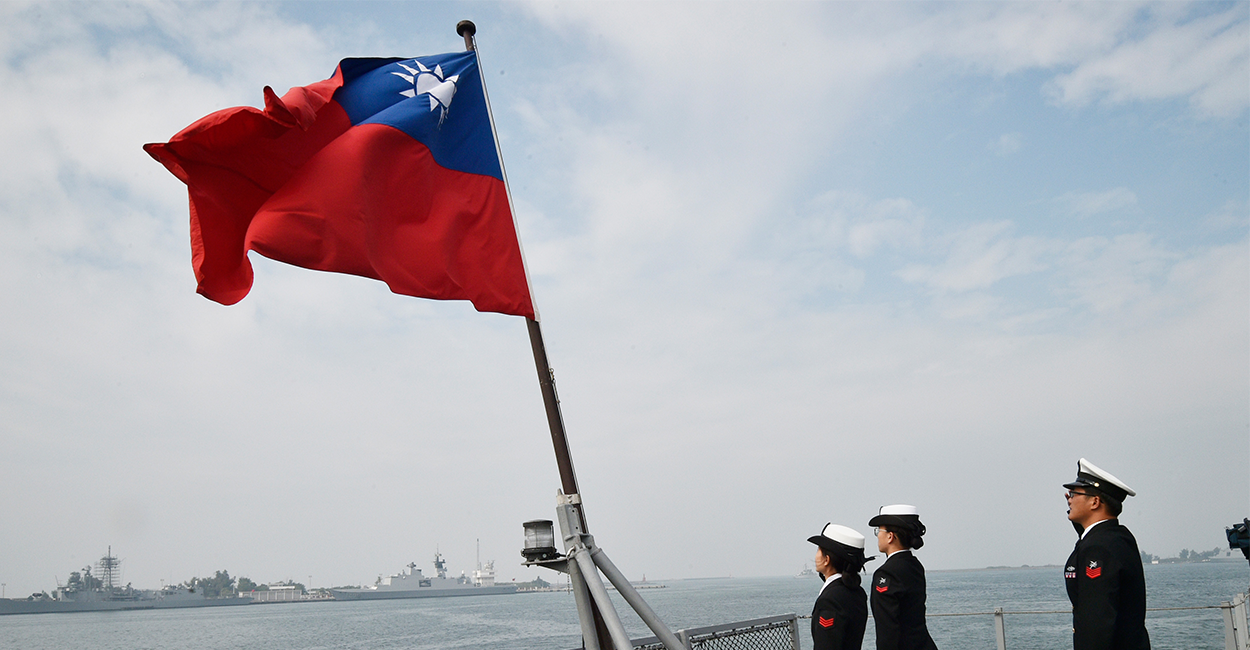
US Should Formally Recognize Taiwan, Former Undersecretary of State Says
['Taiwan', 'China', 'U.S.', 'policy', 'recognize']
Formally recognizing Taiwan would provide it with legitimacy and undermine the Chinese Communist Party's assertion that the island nation across the Taiwan Strait was always... Read More The post US Should Formally Recognize Taiwan, Former Undersecretary of S…
US Should Formally Recognize Taiwan, Former Undersecretary of State Says
Formally recognizing Taiwan would provide it with legitimacy and undermine the Chinese Communist Party's assertion that the island nation across the Taiwan Strait was always part of China, says Keith Krach, a former undersecretary of state for economic growth, energy, and the environment. Krach said a big reason for formally recognizing Taiwan, which he described as an "Independent democracy," is to take away China's "Claim to legitimacy" over the island. No. 2, the United States and its allies are determined to defend Taiwan, especially after Putin's aggression in Ukraine, because the world has realized once an act of aggression started, a chain of aggression may follow, and Taiwan should not be allowed to be the first link of a chain of aggression in the Indo-Pacific. The Senate Foreign Relations Committee is working to ensure Taiwan can counter China's aggression, having approved the Taiwan Policy Act of 2022 on Sept. 14 in a 17-5 vote, CNN reported. Nearly 70% of voters agree with Krach's stance that the U.S. should formally recognize Taiwan as an independent country, according to a Rasmussen poll in August, Newsmax reported. Sen. Chris Murphy, D-Conn., spoke out against the U.S. changing its current policy of strategic ambiguity and formally recognizing the island in an Aug. 31 tweet thread. "It's a policy that looks strong and tough on China, but does it actually protect our interests? The answer is no," Murphy said, adding that "Recognizing Taiwan doesn't actually protect Taiwan." The U.S. also follows the "Six assurances," created in 1982, which ensure that "The U.S. would not 'set a date for termination of arms sales to Taiwan,' change any terms of the act, consult with China before selling arms to Taiwan, intervene between Taiwan and China or 'alter its position about the sovereignty of Taiwan,' nor 'pressure Taiwan to enter into negotiations with China' and formally recognize China's control over Taiwan," The Daily Signal reported.